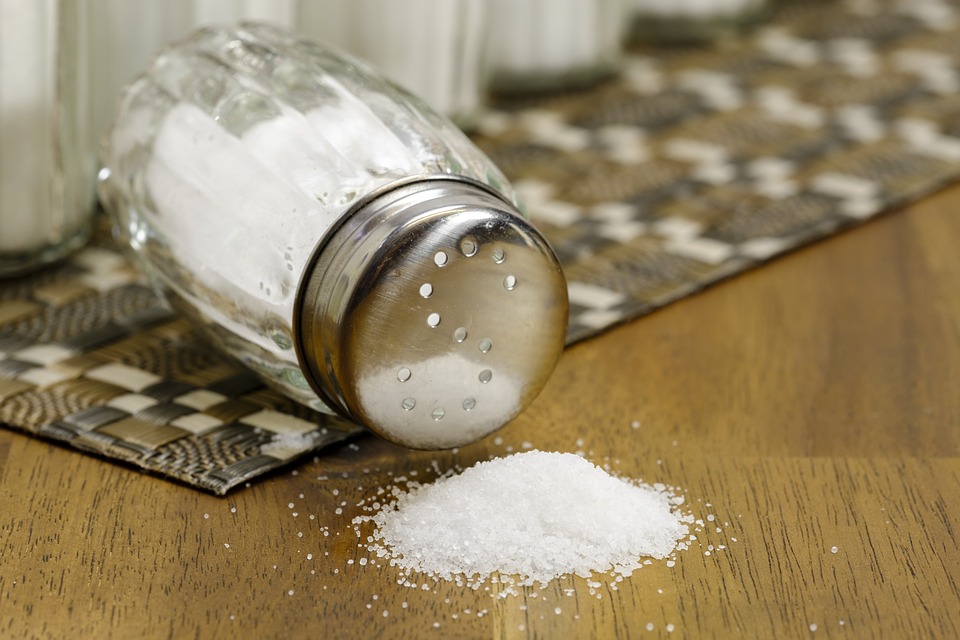
The typical American diet exceeds the recommended levels of added sugars, refined grains, sodium and saturated fat, according to data collated by the U.S. Department of Health & Human Services. Unfortunately, many of our favorite comfort foods – if we follow traditional recipes – can tip us over the edge in these categories. With some carefully chosen tweaks and substitutions, however, it is possible to enjoy our favorites without costing our health, helping to cultivate a healthy relationship with food as we journey towards a holistic lifestyle.
Perfect Pasta
Mac and cheese ranks highly as a popular comfort food. Traditional recipes, featuring refined pasta and high levels of fat and sodium, are a problem for those of us following a healthy eating plan, but luckily, there are ways around this. Whole wheat macaroni is the first substitution to make, ensuring you avoid the blood sugar spikes associated with white pastas. Cooked and pureed butternut squash combined with vegetable stock can be mixed into a roux, providing the base for a healthier cheese sauce. You can use less cheese by maximizing flavor in other ways: adding roasted garlic, for example, or paprika. Yogurt could be used in a more traditional cheese sauce, and vegetables can be added to increase the nutritional value of the meal. Any pasta dish can be given a healthy twist by using whole wheat noodles and increasing the vegetable content. Use herbs and spices for low-sodium flavor, and minimize your use of processed meat products.
Fried Favorites
Some of our most-loved comfort foods tend to be fried, but banishing the fryer doesn’t mean we have to lose out. The way in which we heat up our food is heavily linked to its nutrition, but it’s absolutely possible to put a healthy spin on fried chicken without losing flavor: combine breading ingredients with paprika, cayenne pepper and garlic powder and bake chicken pieces for a deliciously crispy – and healthy – meal. Fish can also be breaded and baked, which is much better for us (but no less tasty) than battering and frying it. Remember that many of the bases for unhealthy foods are actually natural whole foods: if we treat them correctly, they can be enjoyed as part of a healthy lifestyle. Potatoes themselves aren’t bad for us… but what we do to them can be. Fresh potatoes in place of frozen fries can be tossed in olive oil and a small amount of salt to produce a healthier french fry alternative.
Safer Sweets
If we want to stay on track, it’s important not to deny ourselves the occasional treat. However, there are things you can do to make those sweet treats healthier if you want to enjoy them more regularly. To cut down on refined sugars in cookies and cakes, consider substituting them with maple syrup, honey or coconut sugar. Replace half the white flour with wholemeal if you’re baking a fruit pie, and ask yourself if you really need to add sugar to the fruit. Again, desserts that are traditionally fried can be baked – a donut is still a donut when it’s hot from the oven. Even cheesecakes can be made healthier with some careful use of yogurt or coconut milk.
A whole health approach to eating isn’t simply about eating more vegetables. Food should bring us joy, and finding healthy takes on our favorite comfort foods is way to incorporate good nutrition into our diets without denying ourselves the pleasures of a treat.
For more whole health discussions like this, listen to my weekly radio show Living Above The Drama available on iHeartRadio.
Author Credit: Allie Oliver

 This cold and flu season it is likely with the recall of so many over the counter cold remedies, that home-made cold remedies will make a comeback this winter. One of the best known and oldest home-made remedies for “the winter miseries” is chicken soup.
This cold and flu season it is likely with the recall of so many over the counter cold remedies, that home-made cold remedies will make a comeback this winter. One of the best known and oldest home-made remedies for “the winter miseries” is chicken soup.








